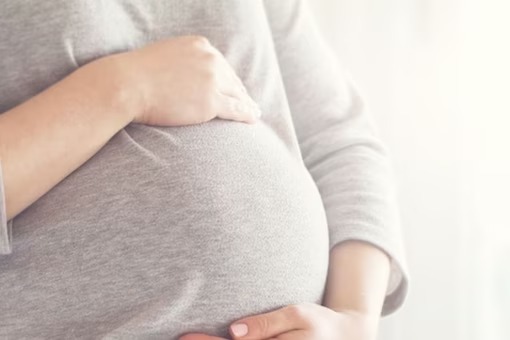US: An Alabama hospital halts IVF after a ruling that says embryos that are frozen are children
A major hospital in Alabama stopped performing in vitro fertilization on Wednesday as medical professionals considered the ramifications of a state court decision that declared frozen embryos to be the legal equivalent of children.

In a statement, the University of Alabama at Birmingham health system said that it has to assess whether receiving IVF procedures might subject its physicians or patients to criminal prosecution or punitive damages. Spokesman Savannah Koplon said in a statement, “We are saddened that this will impact our patients’ attempt to have a baby through IVF.” IVF was still being offered by other state-based reproductive treatment facilities.
The decision made by the all-Republican Alabama Supreme Court raised a number of questions about the state’s IVF program’s future as well as the possible unforeseen repercussions of strong anti-abortion legislation in states controlled by Republicans. Attorneys were consulted by providers, and patients contacted clinics to inquire about the continuation of planned IVF procedures.
Citing the Alabama Constitution’s recognition of the “rights of the unborn child,” the justices held that three couples whose frozen embryos were destroyed in a storage facility accident may file a wrongful death lawsuit. In the majority decision on Friday, Justice Jay Mitchell said, “Unborn children are ‘children’… without exception based on developmental stage, physical location, or any other ancillary characteristics.”
According to Mitchell, the court had previously decided that nothing prevents “extrauterine children from the Act’s coverage,” meaning that a fetus slain while a mother is pregnant is protected by Alabama’s Wrongful Death of a Minor Act. The decision sparked a wave of cautions on possible effects on reproductive therapies and the freezing of embryos, which the courts had previously deemed to be property. Concerns over the decision were voiced by organizations that represent both IVF treatment providers and people seeking reproductive therapy.
The patients pondered what it might entail for their futures. After three losses, 26-year-old Gabby Goidel is seeking IVF treatment in Alabama. She told The Associated Press that the court decision was made the same day she started daily injections in preparation for egg retrieval. It just caught me off guard. It was just so upsetting to hear, and it was all I could think about. I sent a quick message to my clinic to see whether this would stop us. They advised us to take things day by day,” Goidel said.
The National Infertility Association’s CEO, Barbara Collura, told the AP on Tuesday that the decision raises concerns for patients and reproductive clinics about future embryo creation, patient donation options, and the destruction of embryos that are not needed. The 2018 addition of anti-abortion language to the Alabama Constitution, which declares that it is the “policy of this state to ensure the protection of the rights of the unborn child,” played a significant role in the Alabama Supreme Court’s ruling.
The “purpose of that was more related to abortion,” according to lawyer and anti-abortion campaigner Eric Johnston, who contributed to the drafting of the constitution. According to him, the purpose was to make it clear that the Alabama Constitution does not safeguard the right to an abortion and, in the event that states recovered authority over abortion access, to set the stage for Alabama to outlaw the procedure.
“Well, is a fertilized egg that is frozen a person? That is the conundrum that modern science has presented. And it’s the current moral, health, and legal conundrum that we face. It’s a rather intricate matter, according to Johnston. Nonetheless, in 2018 the amendment’s opponents issued a warning, claiming that it was effectively a personhood legislation that may provide rights to fertilized embryos.







